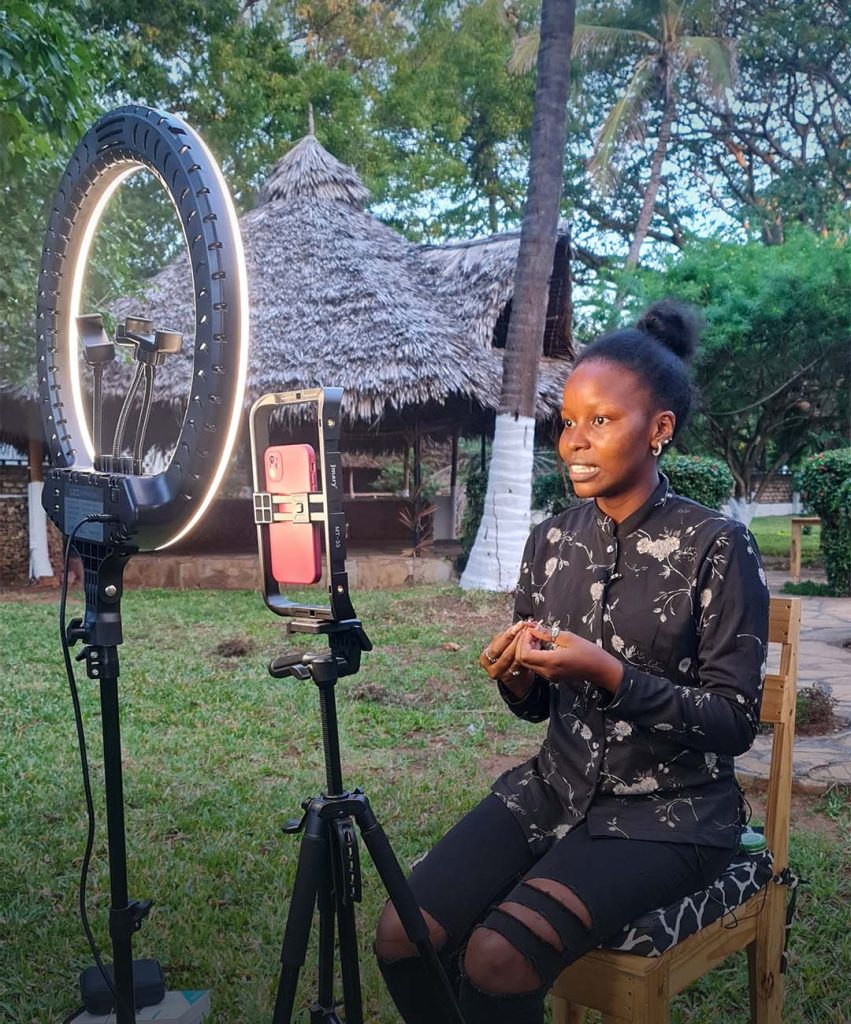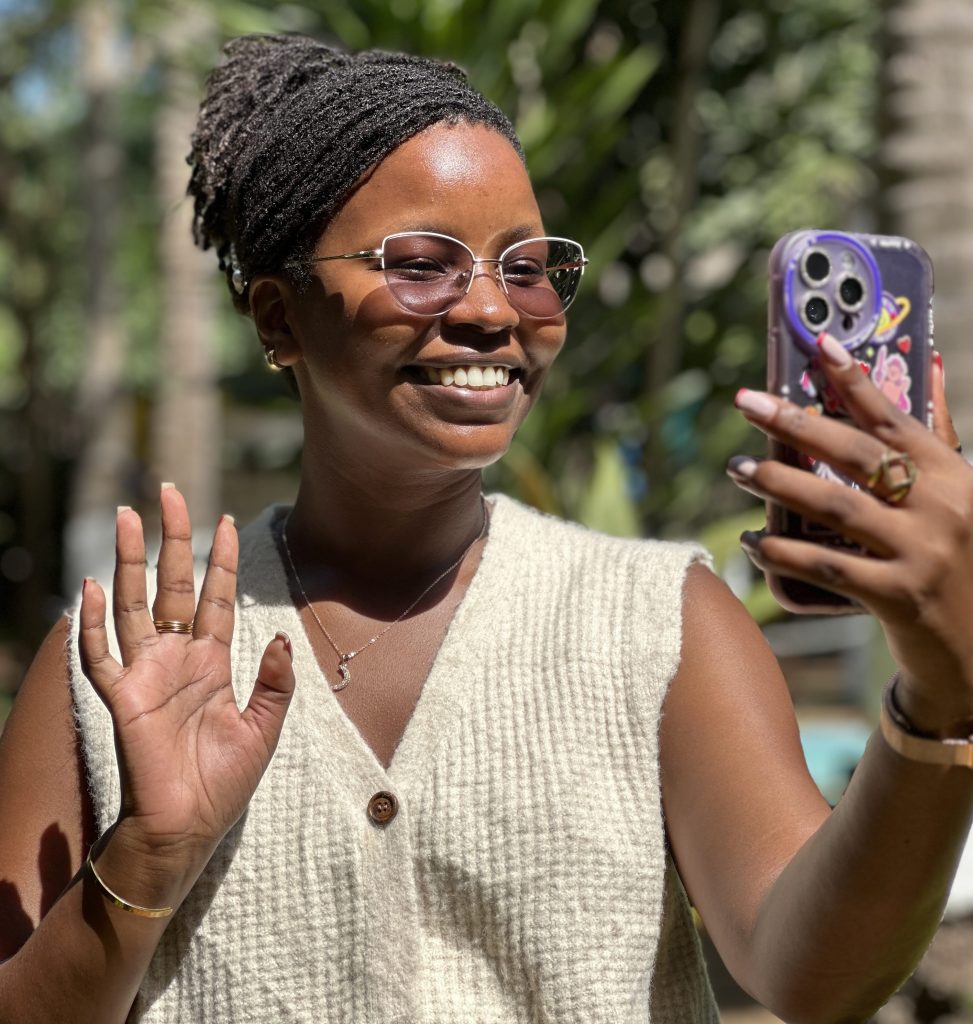Are we being unfair to young people?
We have been a bit unfair to young people. Everyday, we encourage them to be active citizens, to take charge of their governance systems. We define for them active citizenship and paint this utopian picture of what the world can be if only they got more involved. And there lies the hitch.
Millennials and Gen Zers in developing Countries have never experienced a well functioning government. A government that made them feel as if it truly cared for them (or anyone at all). One that tries to do what governments should ideally do — provide an environment for every human being to thrive. For many young people, a government should create opportunities for jobs, quality and affordable healthcare, quality and affordable education, a manageable cost of living among other basic services. A government and any of its bodies should not be seen to discriminate, marginalise or even kill its people. Current regimes are doing somewhat of a messy job as regards to living by the ideal.
For many of us young people, good governments are just but ideas in our minds, not realities. We know the concept of democracy — and it sound sweet — but thats just it, a concept that we learn and fantasise about. About 35% of Kenya falls between age 18 and 34 years. But few of them will vote in this year’s s general election than they did 2017, yet more of them are in that bracket they they were in 2017. So we have more youths who can vote, but majority won’t. The question is, with all the work that is being put into encouraging them to be active citizens, shouldn’t we be seeing more youths taking the vote?
We have had a couple of conversations with youths and we have found that a majority of them living in both urban and rural areas understand that a government exists to serve their interests. They know that they are the bosses. They understand that there are various ways to participate in governance (active citizenship) — voting, attending barazas and demonstrating being the most common. But, there is a divide between knowing who an active citizen is and how to be one (understanding) vs actually being active as a citizen (action).
Young people are least involved in matters of governance. Many documents have been written and signed locally (such as the Youth Development Policy 2019) and internationally (such as the East African Youth Policy 2013 and African Youth Charter 2006) purporting to be the solution to the neglect of youth, but little ever seems to change. In the fortunate event that someone listens, they take notes then proceed to the nearest podium to retell the story about young people being the future of tomorrow!
The issue is that — especially in these modern times — young people have lost the conviction that they have the power to influence anything as far as governance is concerned. They have been on the sidelines for far too long that they have become dispirited. They do not see themselves able to stand up against the infamous ‘deep state’ and the crooked ‘system’. Youths are not seen as people who can sit at the table and make a contribution to policy. Heck, youths can’t even be trusted to chair their own meetings! Couple these overarching challenges with the fact that there is a vast majority of youths who are not educated and employed, youths who struggle to pay rent and buy food and spare some change for a beer, then you have yourself a demographic that cares little about ideology.
How then, do we restore belief that when Katana in Kilifi County involves himself more in the issues of his local government, that it will translate to a positive reward for him? How do you convince him that it is worth his time to go a public participation meeting vis a vis going to catch fish for this livelihood? All this despite the perception he has of the government, governance and politicians who, since he was born in 1996, have gotten better at lying, stealing and killing? What do we need to do different?
These are the questions that are causing us sleepless nights. The long short is trying to find ways to get public servants to actually put the public at the heart of their work. But this is a really long shot. Another alternative would be to change the way we communicate about this issue. What if all organisations working in the civic education space did civic education everyday with the same intensity they do when an election/referendum beckons? Instead of treating civic education as an event, we should all treat it as a process. This means that we are constantly finding ways to make this conversation relevant to different communities and engaging them one-on-one, through online means such as social media, through traditional media and any other mediums as may be appropriate.
As communicators, the role we see for ourselves in this journey is to come up with innovative marketing campaigns that encourage young people to give participation a shot. The idea is to craft campaigns that try to bring the notions of participation from abstract to reality. For example, what is the relationship between attending a public participation meeting (baraza) and having water in your kitchen sink? We think that if we can get people to see that, then we may be able to get them to make the considerations they need to be making.


